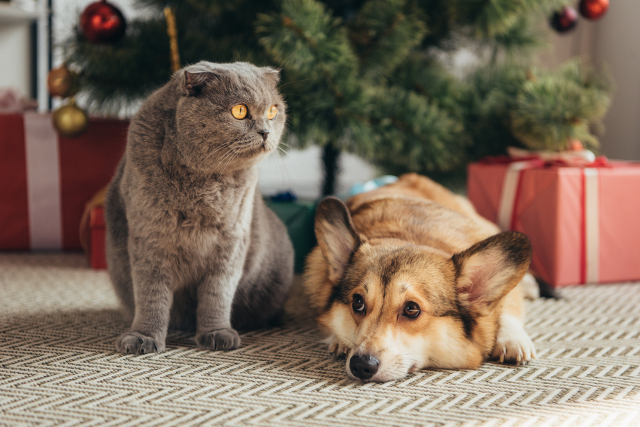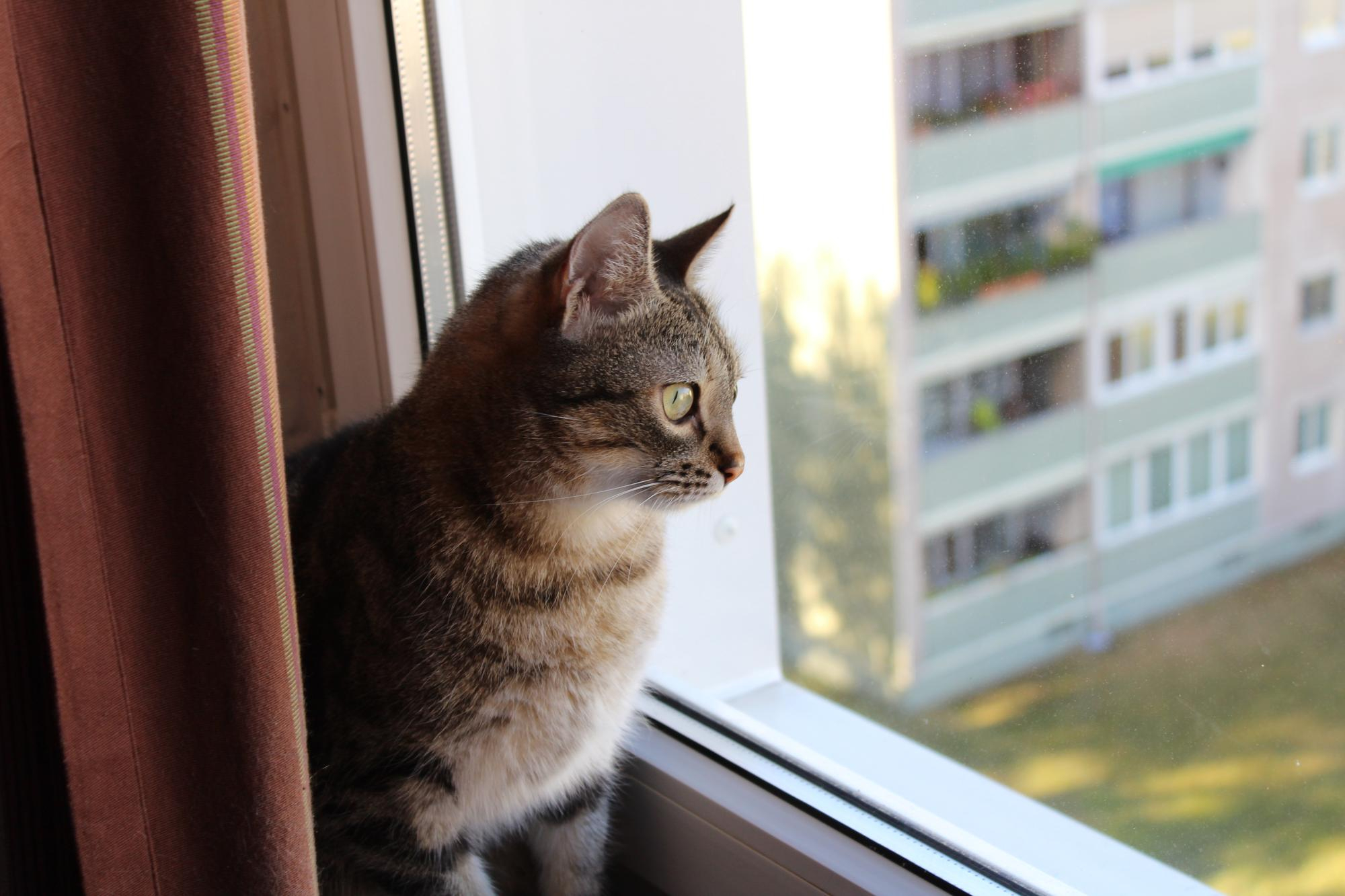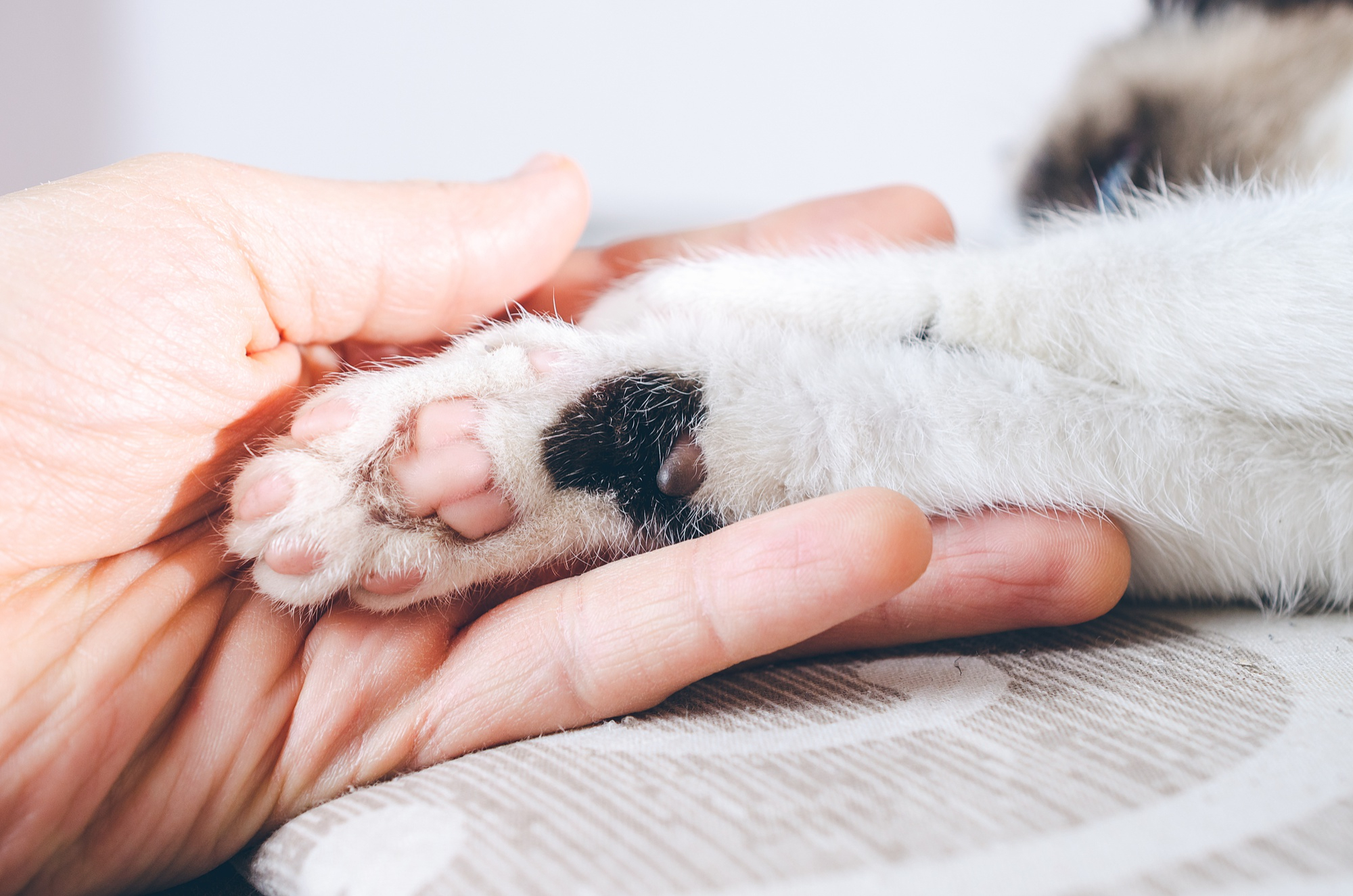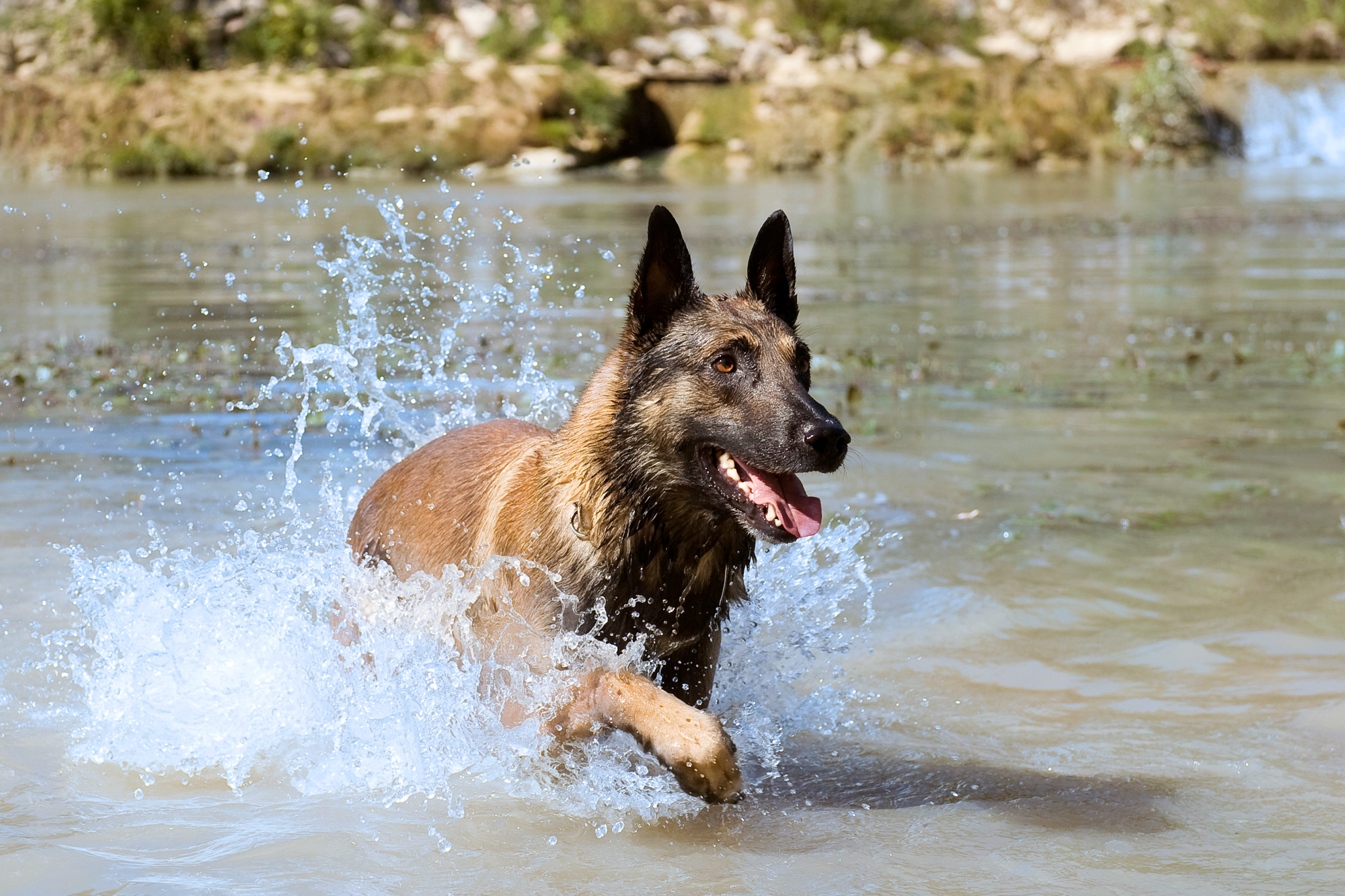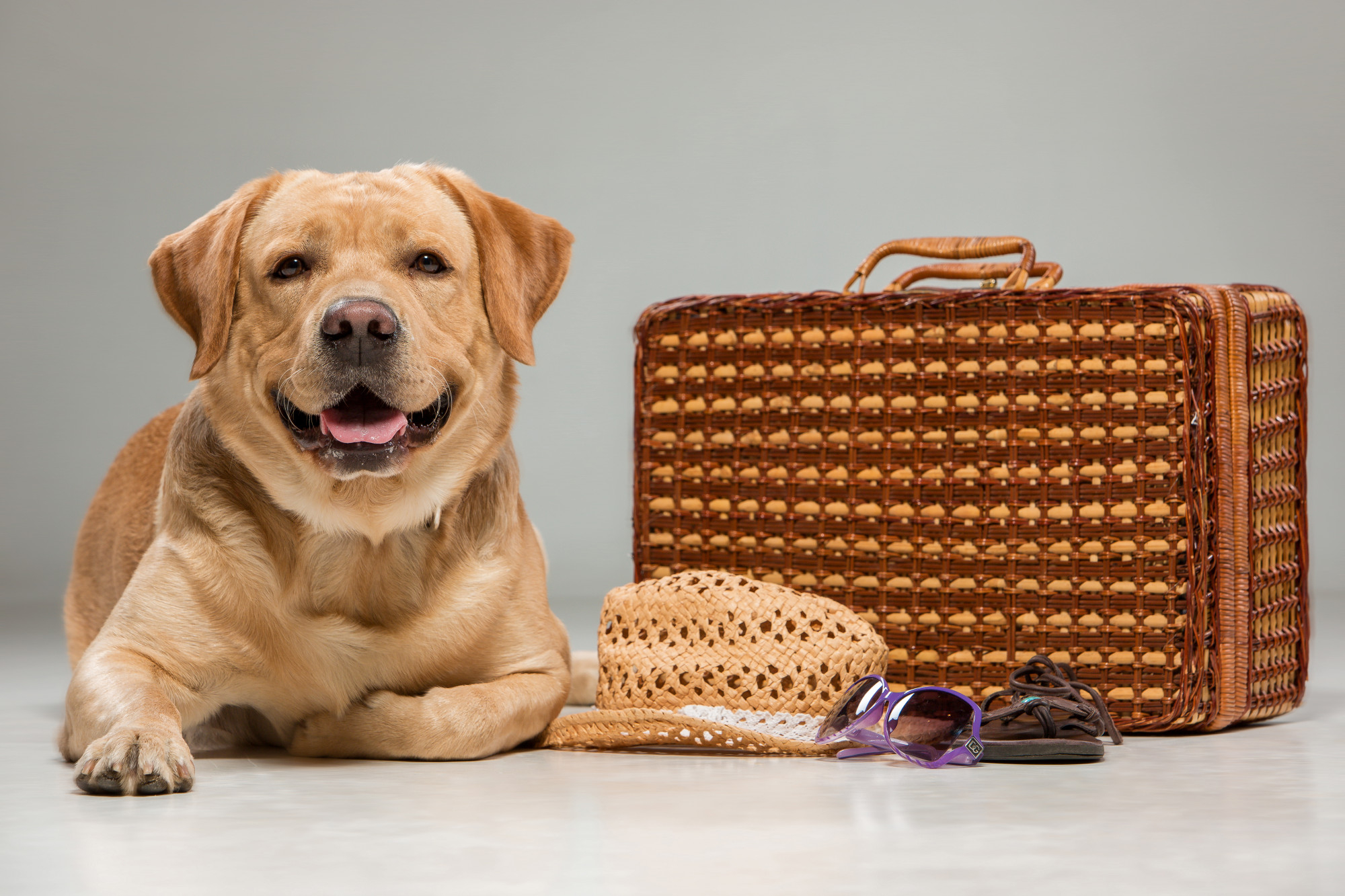If you’ve ever raised a cat or dog, you probably know that the holidays tend to bring new levels of challenge when it comes to keeping your furry friend safe. With all the exciting decorations, delicious food, and new people coming and going, the holidays can be an overwhelming time for pets.
One of the most common causes for pet injuries around this time of the year involves some kind of holiday decoration, whether it’s a Christmas tree or a strand of lights. Avoid unplanned visits to the veterinarian this winter with these creative ideas to keep pets out of your Christmas decorations.
How to Pet-proof Your Decorations
There are a number of decorations in the home that can be hazards for your pets. Of course, every animal is different, and what might be completely safe for one could be a serious danger to another. However, here are a few common Christmas decorations to keep a watchful eye over:
- Christmas trees are a cherished and classic holiday decoration. However, because of their height, and the fact that they’re normally loaded with enticing, dangling decorations, they’re also one of the most common causes for holiday pet accidents.
- Christmas lights are beautiful, but pose a couple of safety risks to many pets. The light bulbs, being so colourful and exciting, might be a temptation for a bite-happy cat or dog. Likewise, playful pets might bite right through the cord, risking electric shock or even a fire. Finally, animals of all kinds have been known to get tangled up in the strands of lights, which could lead to injury.
- Garlands are often seen in the home around the holidays. Whether they’re artificial or real, these decorations can be hazardous to keep around mischievous pets. Your cat or dog might get tangled up in the garland, possibly injuring themselves in the process. Also, the needles on some garland’s might shed, especially if you’re using the same decoration year after year. If your pet ends up getting these needles in their mouth, they could become a choking hazard.
- Candles are a great way to set the holiday mood. Unfortunately, many animals find them alluring for the same reasons as humans, and could end up burning themselves or even knocking the candle over and starting a fire.
- Wrapping paper can be a hazard as well. If your pet is prone to eating little bits of whatever they can find, be sure to properly dispose of even the smallest scraps of wrapping paper after the gifts have been opened.
These are just some of the more common holiday hazards that could wind up causing trouble for your pet. Keep your cherished decorations in good shape, and keep your pet safe by taking a few simple precautions.
Choose Decorations Wisely
There are a huge variety of decorations available for trees, and taking the time to choose the right ones will go a long way in ensuring a safe holiday for everyone.
- Fragile hanging baubles and glass decorations can be risky temptations, particularly for dogs who like to try eating whatever they can get their paws on.
- Since some decorations are liable to shatter, we advise keeping the more delicate ones off the tree, or at the very least, ensuring they’re placed higher up so your dog can’t reach them.
- The same goes for cats, since many are enticed by dangling objects. If you have a particularly mischievous cat, we recommend avoiding any tempting decorations entirely, since they’re likely to try and climb the tree to get at whatever catches their eye.
- We also advise against any food-based decorations, such as strings of popcorn and candy canes. These are just another temptation to most animals, and could be the thing to send them after your Christmas tree.
Consider the Pros and Cons of Real Trees
A real Christmas tree is a beautiful and nostalgic piece of holiday decoration, but you should consider carefully if it’s the right choice for your pet. Needles from a real pine or spruce tree can be a hassle and a hazard. Not only will your pet likely track them all through the house, but also they could be choking hazards for smaller animals, or possibly even be mildly poisonous depending on the type of tree and any chemicals present on the needles. In general, an artificial Christmas tree is likely to be the safest option for your pet.
Make a Barrier Around the Tree to Protect it from Nosy Pets
If you can’t seem to shake your pet’s interest in your Christmas tree, consider blocking access to it in some way. You could use a baby gate or a moveable play-pen to enclose it, or even block the way with larger gifts if your pet is small enough. The more you do to keep your pet away from the tree in general, the less likely they are to run into trouble.
Use Sprays to Deter Pets from the Tree
Pet deterrent sprays are available at most pet supply stores, but if those don’t work, or you’d prefer to make something at home, you can try spraying it with a concoction of water and turmeric. We recommend consulting with our veterinarian first to find out the safest way to deter your pet without bringing risk to them or your family.
Keep Electrical Cords Safe and Secure
Electrical cords pose a major hazard to pets, particularly to dogs with a knack for biting on things they shouldn’t. If possible, route Christmas light cables and extension cords high up so your pet doesn’t have the chance to chew on them. If this isn’t possible, you could always securely tape the cords to the floor. Just make sure to keep an eye on your pet to ensure they don’t try to pull the tape off in order to get at the cable.
Ensure the Tree is Well Secured
If you’re going to put a Christmas tree in your home with your pet, you should ensure it’s as securely placed as possible. Even small animals can climb up the tree, push it, or get tangled up in the branches, causing it to topple over. Not only can this injure your pet, but also it could hurt a family member, or at the very least wreck the tree, the decorations, and other objects in the room.
Avoid this by ensuring the tree is well-secured to its base. It’s even better to have an additional point of contact, ideally at the top of the tree that’s fastened to a wall, ceiling, or curtain rod, to ensure the tree can’t be knocked over—no matter what.
Secure Your Decorations to the Tree
Another great way to ensure your decorations stay on the tree is to securely fasten them when you place them. You can use twist ties, clips, string, or stiff wire to do this. It’s best (and easiest) to do this for every ornament as you’re hanging them, and it’ll go a long way in keeping your decorations out of the mouth of any curious pets.
In General, Choose Safe Decorations Around the House
We all have our favourite seasonal decorations, but it’s important to keep your pets in mind when choosing them. There are a few decorations that can be major hazards to your pets, and should either be placed with extreme care or avoided entirely.
Candles are a common choice for holiday decor, but are quite risky to keep around pets. The flickering flame is likely to catch the interest of your pets, particularly if you have an especially curious cat in the house. No matter what kind of pet you have, be very careful with candles, as they may try and play with it, potentially burning themselves or even knocking the flame over and starting a fire. If you want to achieve the same look, consider battery-powered candles with no heat or open flame.
As you can see, decorating a house for the holidays with a pet in the equation comes with a few extra considerations. However, with a little extra thought and preparation, you can keep your home looking festive and beautiful, just the way you like it, while ensuring your pet has a safe and comfortable holiday as well.
Creative Commons Attribution: Permission is granted to repost this article in its entirety with credit to Hastings Veterinary Hospital and a clickable link back to this page.

